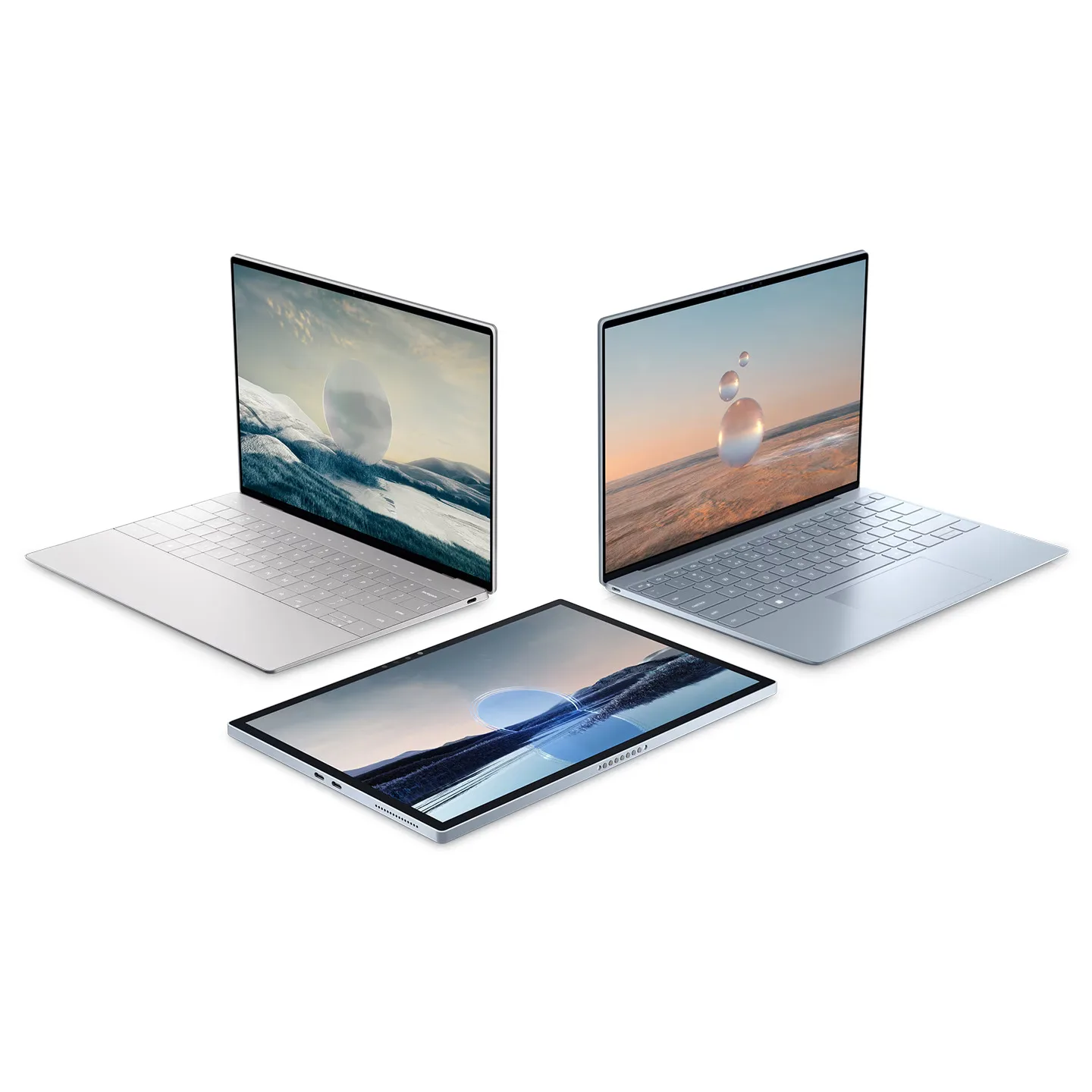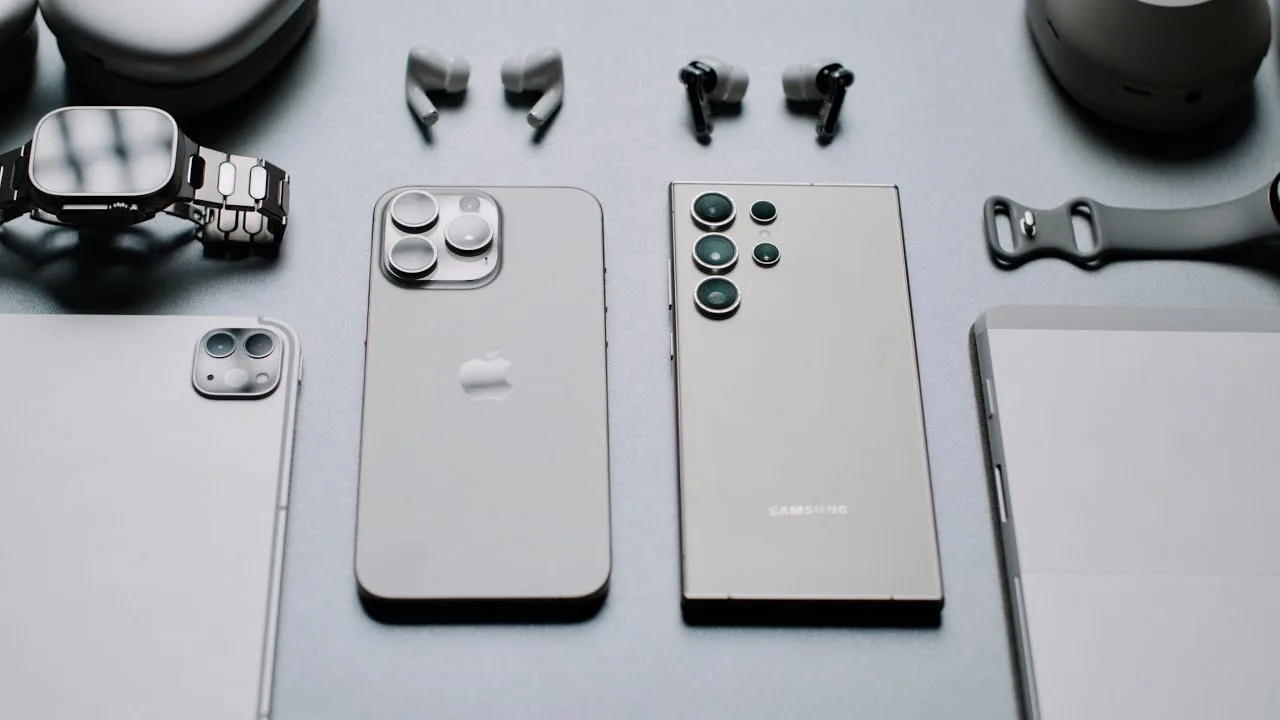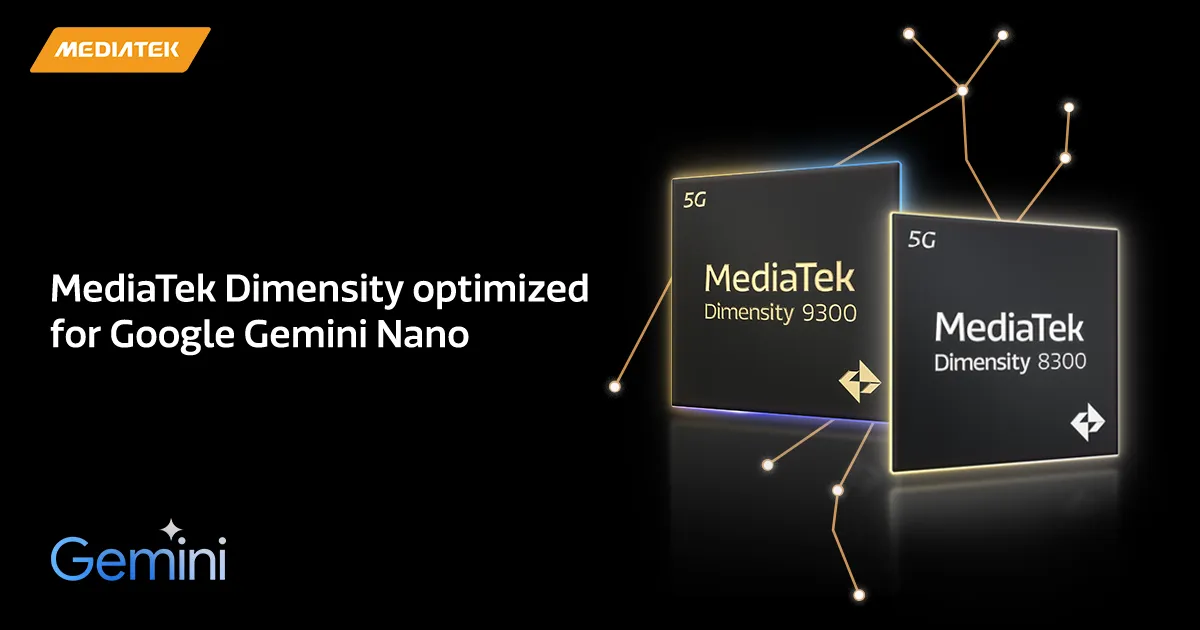
In the ever-evolving world of technology, operating systems play a vital role in shaping our digital experience. Windows, developed by Microsoft, has been at the forefront of operating systems for decades. With each iteration, Microsoft strives to enhance user experience, improve performance, and introduce innovative features. In this article, we delve into the realm of speculation and explore the much-anticipated Windows 12, a potential game-changer in the world of operating systems.
Windows 12: A Revolutionary Leap Forward
Operating system enthusiasts and Microsoft fans have been buzzing with excitement and anticipation regarding the rumored release of Windows 12. While there has been no official confirmation from Microsoft about Windows 12’s existence, the online community has been abuzz with speculations and concept designs. Let’s explore what the future might hold if Windows 12 were to become a reality.
Enhanced User Interface and User Experience
One of the most crucial aspects of any operating system is its user interface. Windows 12, if it were to materialize, is expected to bring a host of visual enhancements and a more intuitive interface. A refined and modern UI could revolutionize the way users interact with their devices, making it more engaging and user-friendly. With Windows 12, Microsoft might introduce a more seamless integration of touchscreen gestures, voice commands, and augmented reality elements, taking the user experience to unprecedented heights.

Improved Performance and Stability
Windows operating systems have come a long way in terms of performance and stability. Windows 12 could potentially build upon the solid foundation established by its predecessors and bring further improvements in this aspect. Users might witness faster boot times, reduced resource consumption, and enhanced multitasking capabilities. Microsoft may employ advanced algorithms and optimizations to make Windows 12 an efficient and reliable platform, resulting in a smoother and more responsive computing experience.
Revamped Start Menu and Taskbar
The Start Menu and Taskbar have been integral components of the Windows interface since its inception. While Windows 10 introduced significant changes to these elements, Windows 12 could take it a step further. Speculation suggests that Windows 12 might bring a more customizable Start Menu, allowing users to personalize their desktops according to their preferences. Moreover, a revamped Taskbar could provide more streamlined access to frequently used applications and system settings, making navigation more efficient and effortless.

Innovative Features and Productivity Tools
Windows 12 could potentially introduce a range of innovative features and productivity tools to boost users’ efficiency and creativity. From enhanced virtual desktop management to advanced file-searching capabilities, the possibilities are endless. Microsoft might also integrate AI-powered assistants, enabling users to accomplish tasks with natural language commands. Imagine interacting with your computer in a conversational manner, dictating emails, and receiving contextual suggestions in real time. Windows 12 could open up new horizons in productivity and redefine the way we work and create.
Seamless Cross-Device Integration
In today’s interconnected world, seamless cross-device integration has become a necessity. Windows 12, if it becomes a reality, might bring enhanced integration between desktops, laptops, tablets, and smartphones. Users could experience a unified ecosystem where their devices seamlessly sync data, applications, and settings, allowing them to switch between devices effortlessly. This level of integration would not only enhance productivity but also provide a cohesive user experience across multiple devices.
Security and Privacy Enhancements
Security and privacy have become paramount concerns in the digital age. With Windows 12, Microsoft may prioritize strengthening the platform’s security features to protect users from evolving cyber threats. Advanced encryption mechanisms, proactive malware detection, and tighter control over data privacy could be some of the areas of focus. The potential inclusion of biometric authentication and enhanced privacy settings might grant users greater control over their digital footprint, ensuring a safer and more secure computing experience.
Windows 12 Release Date: Anticipated Arrival and What It Means for Users
Although Microsoft has not officially confirmed the development of Windows 12, reports indicate a potential release in 2024. If historical patterns hold, we can anticipate a fall release or the second half of the year. Microsoft has remained tight-lipped about the project, fueling speculation and excitement among technology enthusiasts.
Windows 11 Updates and Evolution:
While awaiting the arrival of Windows 12, users can continue to benefit from Windows 11 updates and new features. Windows 11 version 22H2, released in September, introduced enhancements like Start menu folders and new touch gestures. Recently, the first “moment” update for version 22H2 was released, offering additional features such as File Explorer tabs. Microsoft plans to release at least two more of these moment updates in 2023, ensuring that Windows 11 remains a dynamic and evolving operating system.
Windows 12: Free Upgrade or Paid Transition?
Microsoft has consistently offered major Windows updates for free to existing Windows users, and it is highly likely that this trend will continue with Windows 12. However, while the update itself may be free, acquiring a Windows 12 license will still require a purchase. Existing Windows users can look forward to a seamless transition to Windows 12 without incurring additional costs.
Is Your PC Ready for Windows 12? Check the System Requirements
After the higher minimum system requirements introduced by Windows 11, many wonders if Windows 12 will exclude older PCs once again. While it is too early to say definitively, there is a possibility that some older machines may not meet the requirements. Windows 11 currently demands processors released around 2018 or later, and although it is unlikely for Windows 12 to raise the bar significantly, it cannot be ruled out.
Regarding other requirements, we can expect Windows 12 to demand similar specifications to Windows 11. This includes a minimum of 4GB of RAM and 64GB of internal storage. Microsoft is also likely to maintain features such as TPM requirements. However, based on past experiences, unsupported PCs may still find workarounds to install Windows 12, albeit with some risks involved.
Closing Thoughts: Windows 12 – A Potential Paradigm Shift
While the existence of Windows 12 remains speculative, the anticipation surrounding this potential operating system is undeniable. With the continuous evolution of technology, Windows 12 has the potential to redefine the user experience, introduce groundbreaking features, and enhance productivity. Microsoft’s legacy of innovation and commitment to customer satisfaction make the possibility of Windows 12 an exciting prospect. As we eagerly await further information, the realm of possibility grows, and our expectations soar. The future of operating systems looks promising, and Windows 12 might just be the game-changer we have been waiting for.
Note: This article is purely speculative and based on rumors and community discussions. The features and details mentioned in this article do not represent official information from Microsoft.




